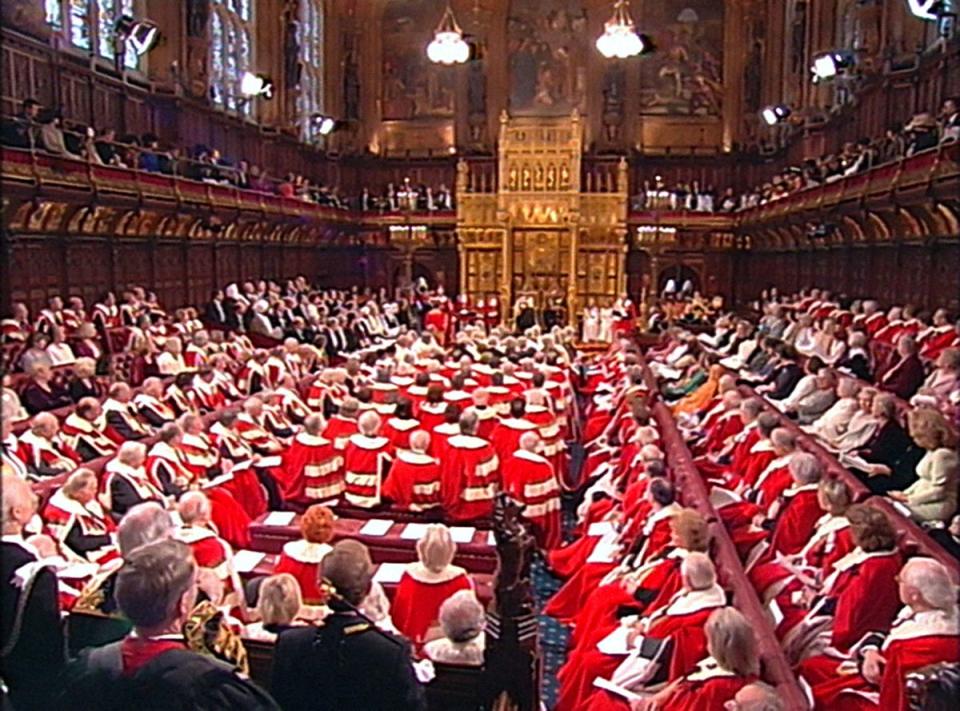Aristocrats have increased their influence in Britain over the past 150 years, research claims
Aristocrats have become more influential in British society over the past 150 years, according to new research that looks at the lives of notable people.
Academics have studied the entries to the Oxford Dictionary of National Biography, a reference book which records profiles of over 60,000 people who have significantly shaped British life. They found that hereditary peers are now 292 times more likely than non-aristocrats to be listed in the book.
This is an increase on their influence in the 19th century, when hereditary peers were 221 times more likely to feature than the average person.

Dr Matthew Bond and Dr Julien Morton, from London South Bank University, calculated how many hereditary peers who died in the years 2008-18 were added to the Oxford Dictionary due to their notable life achievements.
They then looked at how many non-aristocrats who died during the same time ended up in the book. They then repeated this for the years 1858-1867 to see how influential aristocrats were compared to the rest of the population in the 19th Century.
They only looked at deaths of people aged 35 and older to avoid the distorting effect of the large number of child deaths in the 19th century. They excluded life peers, who have been awarded peerages, and also excluded any aristocrats who were the first in their line.
Dr Morton said that his research was in contrast to the common belief “amongst historians and the wider public that the British aristocracy are a fallen group whose wealth, power and status have diminished so substantially that they have become entirely marginal to British life”.
Instead, his work showed that “the British aristocracy have seen an increase in their relative advantage compared to the UK population”.
Recent additions to the National Biography include Lydia Hayward, a leading scriptwriter in the British film industry between 1920 and 1942, and George King, a sailor who was at the Battle of Trafalgar.
Recent aristocratic entries include Lady Elizabeth Cavendish, lady-in-waiting to Princess Margaret, and Lady Cylla Dugdale, an artist and aunt of current foreign secretary Lord David Cameron.
Researchers said that the Oxford Dictionary of National Biography was a good indicator of influence as aristocrats earned their entries by their actions and were not automatically included.
“There are no real attempts to measure status of elite groups over time by historians, and so the use of something like the ODNB becomes particularly powerful and important. There is a higher bar of entry for the ODNB, higher than for Who’s Who, where, for example, aristocrats are automatically included,” Dr Morton told the British Sociological Association’s annual conference.
Dr Bond speculated that the increase of aristocratic influence could be down to their “historical closeness to political power” or “it could be that they are using connections to old boys’ networks”.
He added: “It could be that the hereditary aristocracy pulled back from out-and-out fights with the forces of democracy after the early 20th century, and instead concentrated on less visible forces of power such as wealth and status.”

